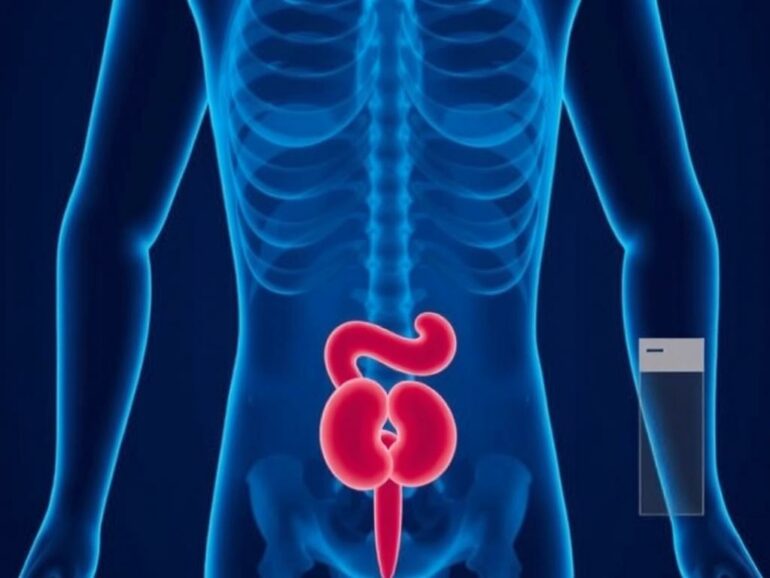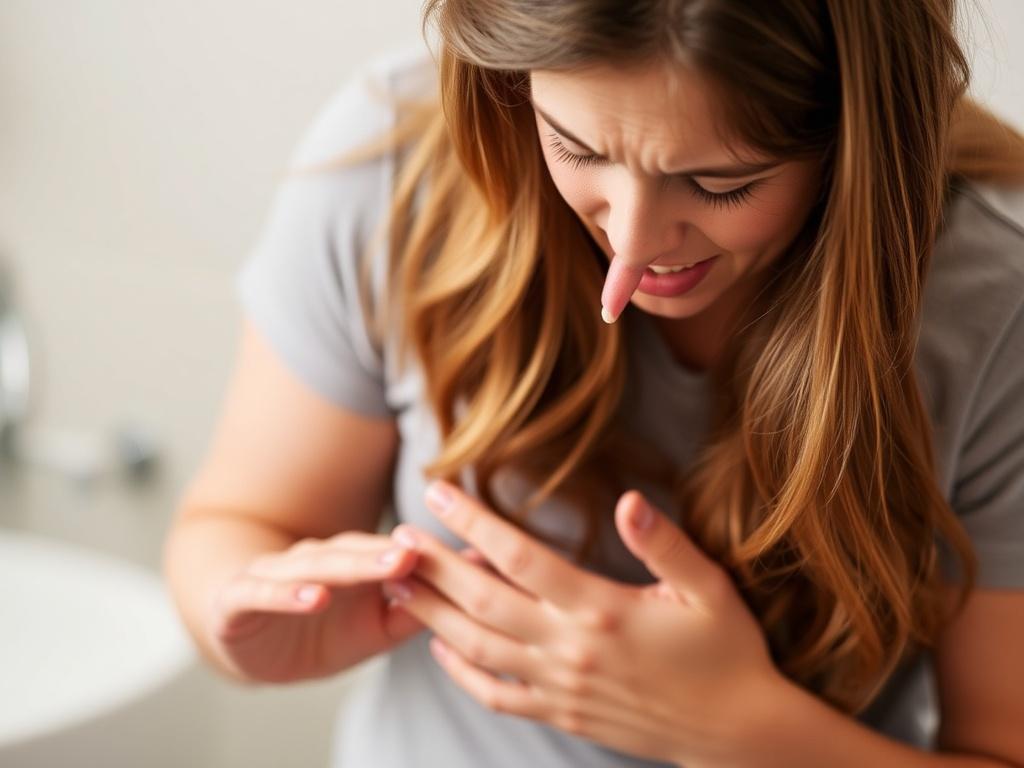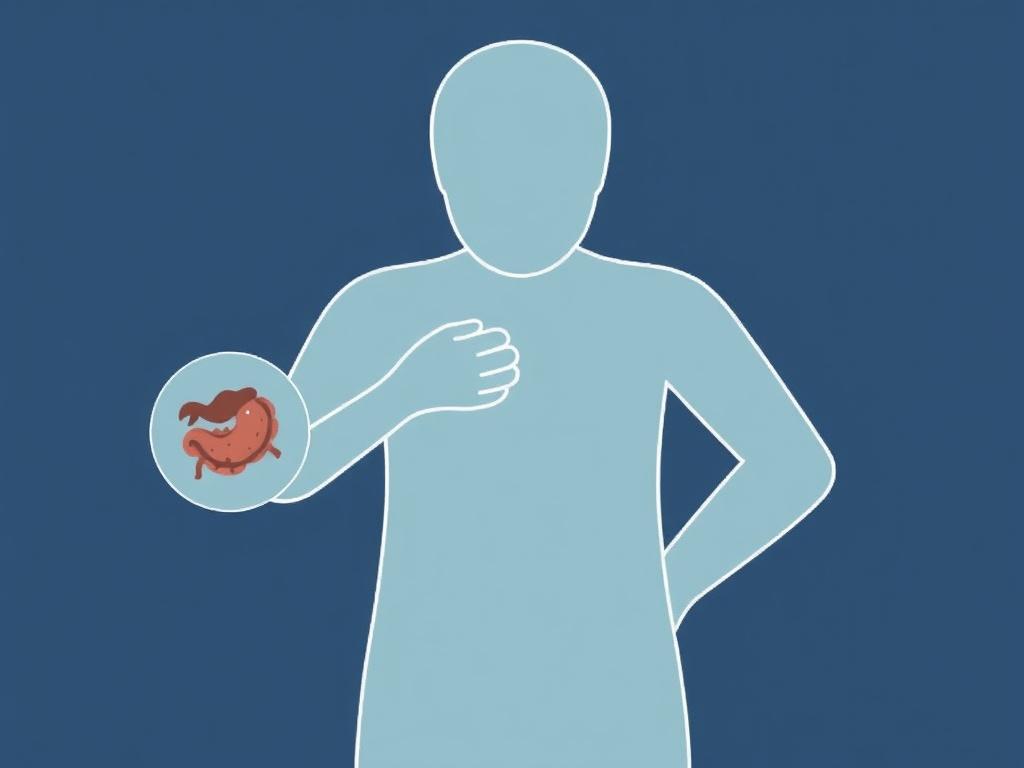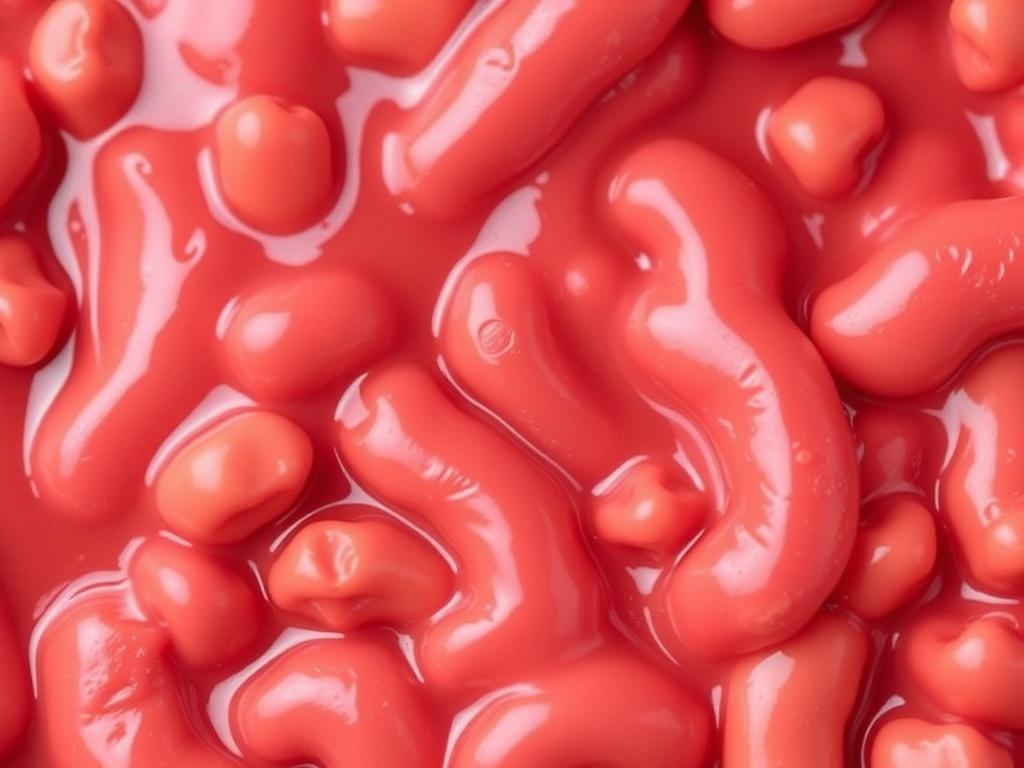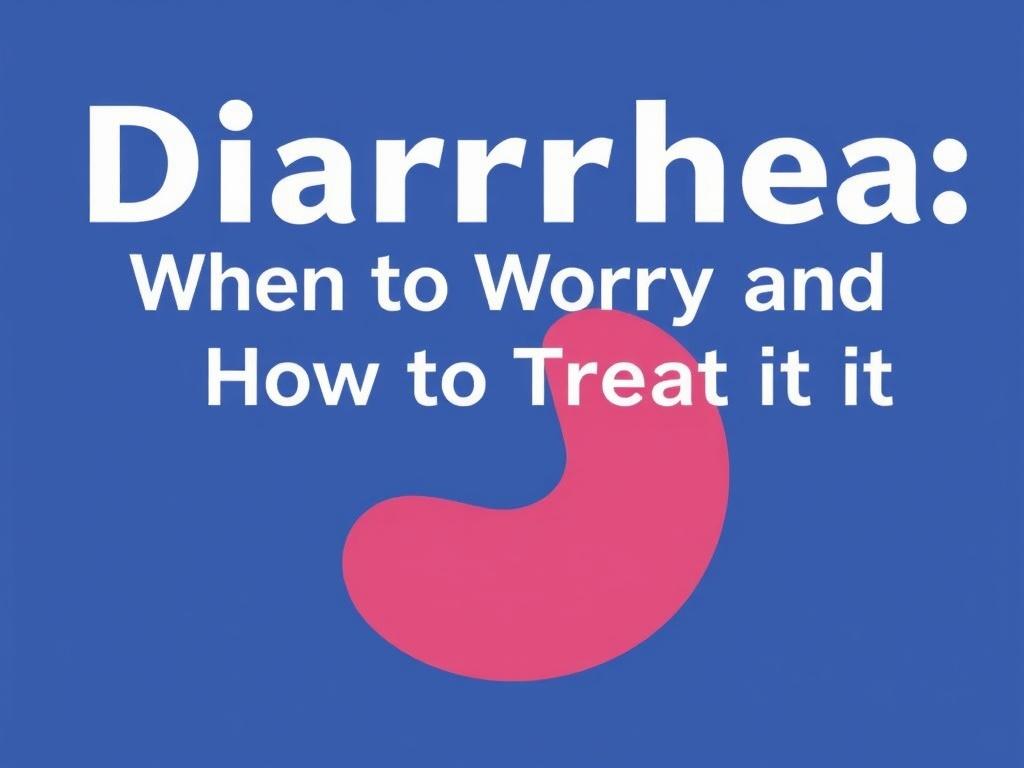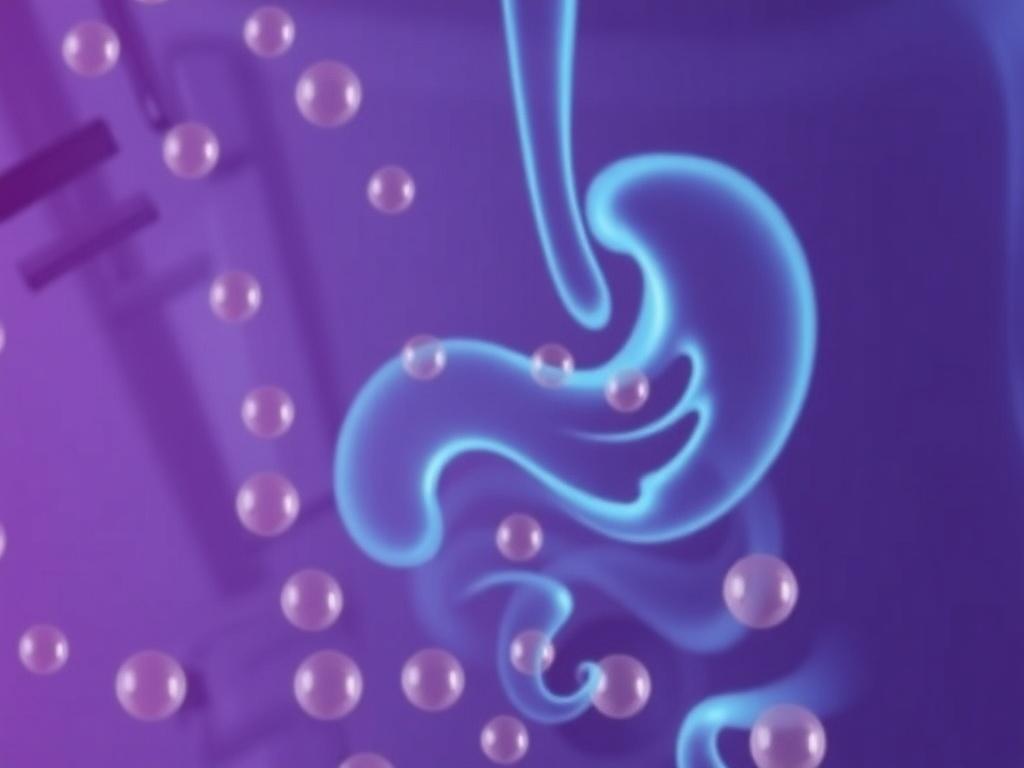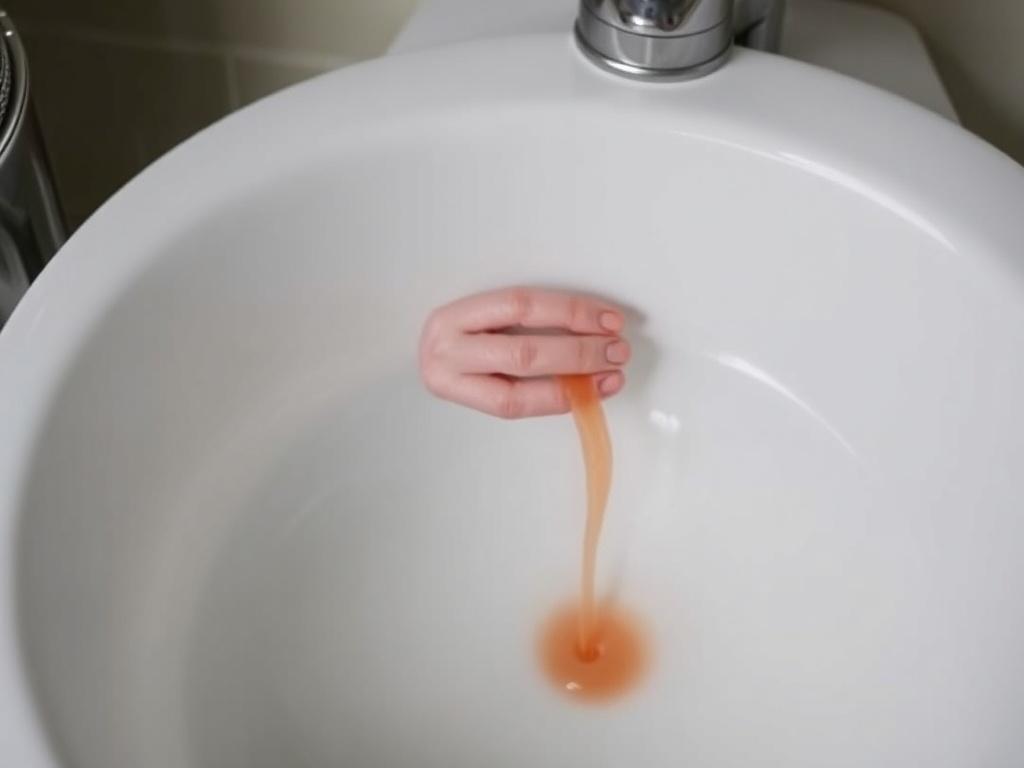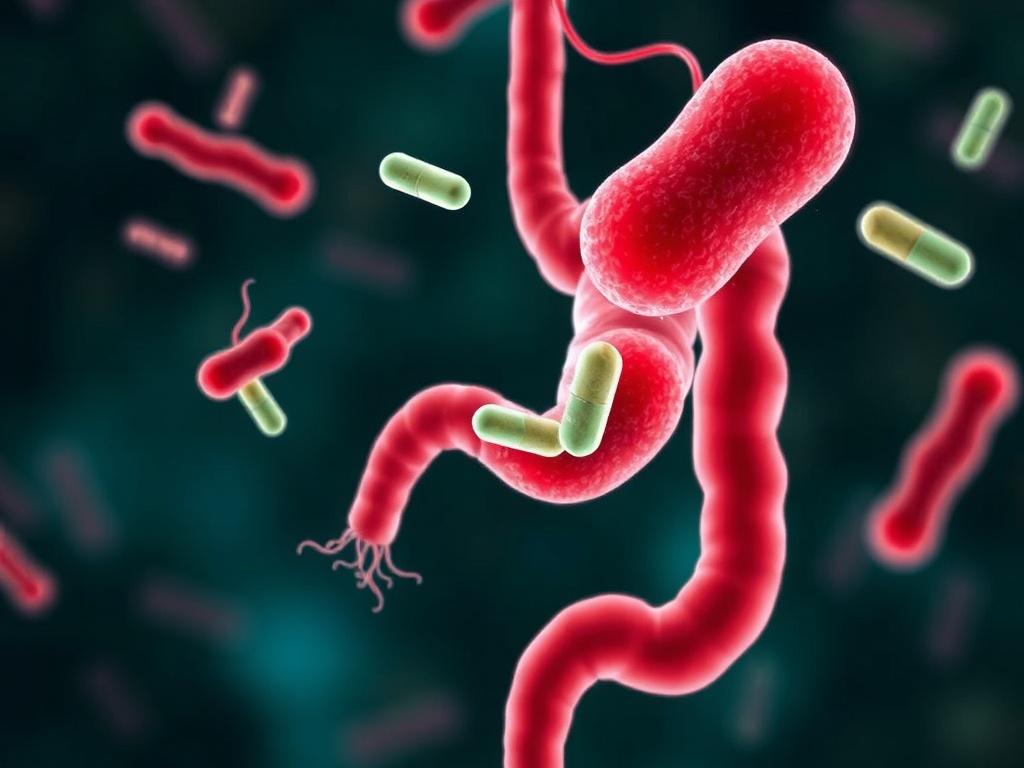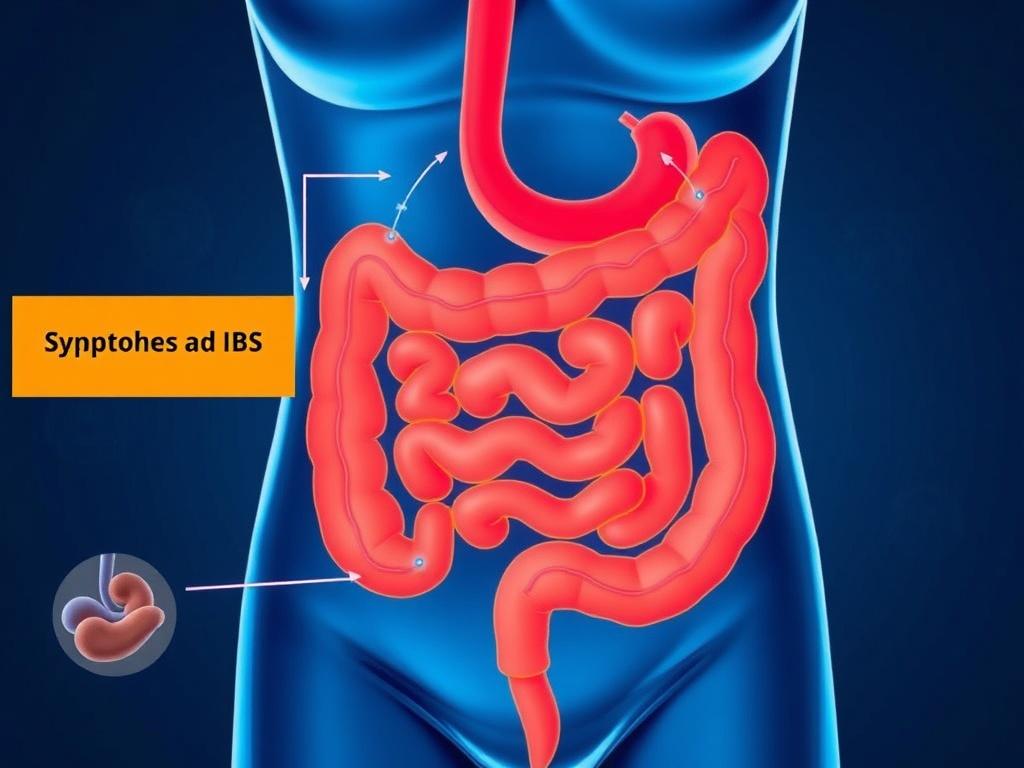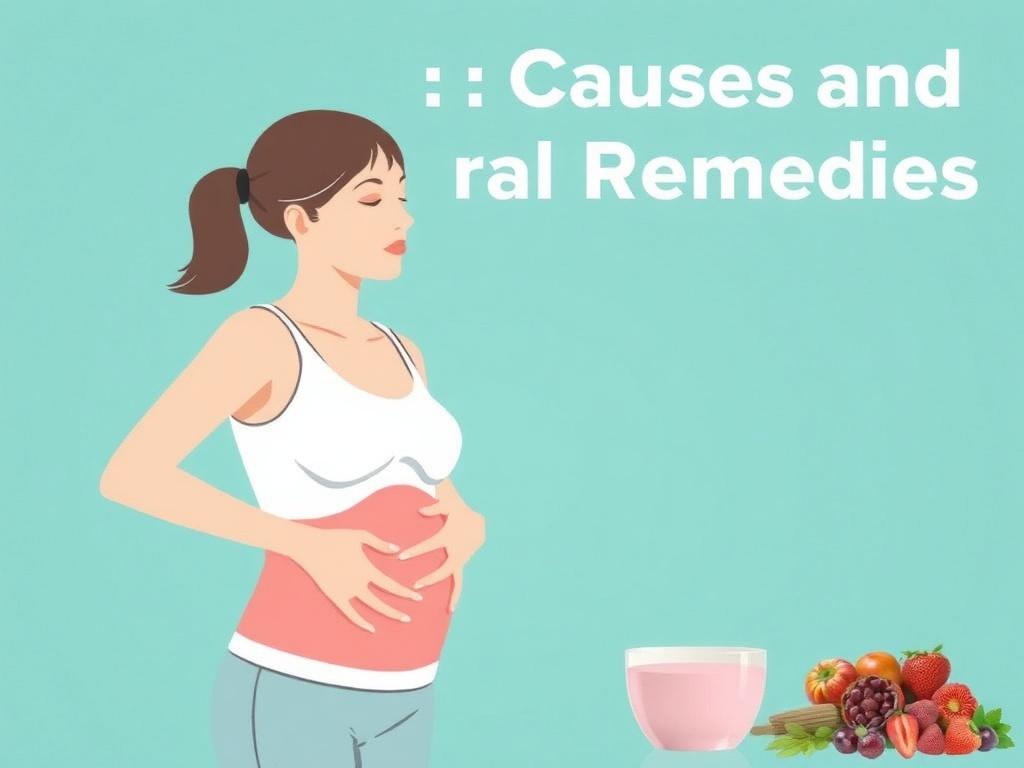Diarrhea is something that almost everyone experiences at some point in their lives. It’s uncomfortable, sometimes embarrassing, and can be quite frustrating. But what exactly is diarrhea, and when should you really start to worry about it? More importantly, how can you treat it effectively to avoid complications? In this comprehensive guide, we’ll walk you through everything you need to know about diarrhea — from its causes and symptoms to the best treatments and when to seek medical help. Let’s dive in and clear up the confusion around this common yet significant health concern.
What Exactly Is Diarrhea?
Diarrhea is characterized by the frequent passage of loose or watery stools. Normally, your intestines absorb water from your food as it moves through your digestive system, making stools solid. When things go wrong—due to infection, irritation, or other causes—that process breaks down, resulting in diarrhea.
There are different types of diarrhea:
- Acute diarrhea typically lasts a few days and often resolves on its own.
- Chronic diarrhea lasts more than four weeks and may indicate an underlying medical condition.
Knowing the type you’re dealing with is essential for understanding when to worry and how to treat it properly.
Common Causes of Diarrhea
Diarrhea can stem from a wide range of causes that affect your digestive system. Here are some of the most common triggers:
| Cause | Description |
|---|---|
| Infections | Bacterial, viral, or parasitic infections like norovirus, E. coli, or Giardia can irritate the intestines. |
| Food Intolerance | Difficulty digesting certain foods, such as lactose intolerance or gluten sensitivity. |
| Medications | Antibiotics and other medications can disrupt gut bacteria and lead to diarrhea. |
| Digestive Disorders | Conditions like irritable bowel syndrome (IBS), inflammatory bowel disease (IBD), and celiac disease. |
| Food Poisoning | Consuming contaminated food or water can introduce harmful bacteria causing diarrhea. |
By understanding what might trigger your diarrhea, you can better focus on prevention and targeted treatment.
When to Worry: Recognizing Dangerous Symptoms
Most diarrhea cases clear up on their own with simple treatments. However, sometimes diarrhea can signal a more serious issue or lead to dangerous complications if not managed properly. Here are some signs that you should seek medical attention:
- Duration: Diarrhea lasting more than two days in adults or more than 24 hours in children.
- Severe dehydration: Symptoms include excessive thirst, dry mouth, dizziness, or little/no urination.
- Blood or mucus: If stools contain blood or mucus, it could indicate infection or inflammation.
- High fever: A temperature above 102°F (39°C) suggests infection.
- Severe abdominal pain: Intense cramps or pain needing urgent evaluation.
- Other symptoms: Weight loss, persistent vomiting, or a history of chronic illness should prompt a doctor visit.
Recognizing these red flags is crucial to prevent complications and get the right treatment on time.
How to Treat Diarrhea: Practical and Effective Methods
Treatment for diarrhea depends largely on its cause and severity. Most cases can be managed at home with simple remedies. Here’s a step-by-step approach you can follow:
1. Stay Hydrated
One of the biggest dangers of diarrhea is dehydration. As liquid stools leave the body, water and essential electrolytes like sodium and potassium are lost. Drinking plenty of fluids is vital.
- Oral rehydration solutions (ORS) are ideal because they contain the right balance of salts and sugars.
- Clear broths, herbal teas, and diluted fruit juices can also help.
- Avoid caffeinated or alcoholic beverages, as they can worsen dehydration.
2. Adjust Your Diet
What you eat during and after diarrhea can have a big impact. During an episode, opt for bland, easy-to-digest foods. After symptoms subside, you can gradually reintroduce your regular diet.
| Recommended Foods | Foods to Avoid |
|---|---|
| Bananas, rice, applesauce, toast (BRAT diet) | Fried, fatty, or spicy foods |
| Plain yogurt with live cultures | Dairy products (if lactose intolerant) |
| Boiled potatoes, crackers | Sweets and sugary snacks |
3. Use Over-the-Counter Medications Wisely
Medications like loperamide (Imodium) can reduce diarrhea frequency but should be used carefully, especially if you suspect an infection. Inappropriate use can mask symptoms and delay diagnosis.
If diarrhea is caused by bacterial infections, antibiotics may be prescribed, but this requires a doctor’s evaluation. Avoid self-medicating with antibiotics.
4. Probiotics: Friend of Your Gut
Probiotics are beneficial bacteria that help restore the natural gut flora balance. Some studies suggest that probiotics can shorten the duration of diarrhea, especially when caused by infections or antibiotics.
You can find probiotics in yogurt and supplements; however, always consult your healthcare professional before starting any new treatment.
Preventing Diarrhea: Tips to Protect Yourself
The best way to handle diarrhea is preventing it whenever possible. Since many cases arise from infections and food poisoning, good hygiene practices go a long way:
- Wash Hands Regularly: Especially before eating or preparing food, and after bathroom use.
- Be Careful About Food: Cook food thoroughly and avoid undercooked or raw items.
- Drink Clean Water: When traveling, opt for bottled or adequately treated water.
- Use Safe Sanitation Practices: Properly disposing of waste and maintaining clean surroundings helps lower risk.
- Stay Up to Date on Vaccinations: Vaccines for rotavirus and other infections can prevent diarrhea in children.
Diarrhea in Different Populations
0
Diarrhea doesn’t affect everyone the same way. Some groups need extra caution:
Children and Infants
Diarrhea can cause severe dehydration rapidly in young children, making prompt treatment critical. Parents should be vigilant for warning signs and seek help early. Oral rehydration therapy is a cornerstone of care.
Elderly People
Older adults often have weaker immune systems or underlying health conditions, increasing diarrhea risks and complications. Routine hydration and monitoring are essential to avoid hospitalization.
Travelers
“Traveler’s diarrhea” is common when visiting countries with different sanitation standards. Staying cautious about food and water consumption is key to prevention.
FAQs About Diarrhea
| Question | Answer |
|---|---|
| Can diarrhea be contagious? | Yes, diarrhea caused by infections like viruses or bacteria can spread from person to person. |
| Is it safe to eat during diarrhea? | Yes, but stick to bland foods and avoid fatty or spicy meals until symptoms improve. |
| When should I see a doctor? | If diarrhea lasts more than two days, if you see blood, or if you develop signs of dehydration or high fever. |
| Are antibiotics always needed? | No, many diarrhea cases are viral or non-infectious and don’t benefit from antibiotics. |
| Can probiotics help? | Probiotics may help restore gut balance and potentially shorten diarrhea duration in some cases. |
Conclusion
Diarrhea, while common and often harmless, should never be ignored, especially if symptoms persist or worsen. Understanding when to worry and how to treat diarrhea effectively can protect you and your loved ones from serious complications. Staying hydrated, adjusting your diet, knowing when to seek medical advice, and practicing good hygiene are your best tools in managing this condition. By taking these steps, you can tackle diarrhea head-on and get back to feeling your best in no time.
Читайте далее: